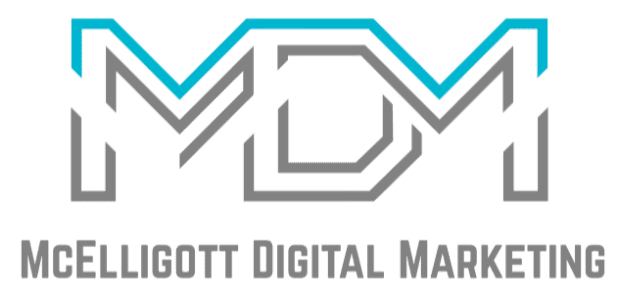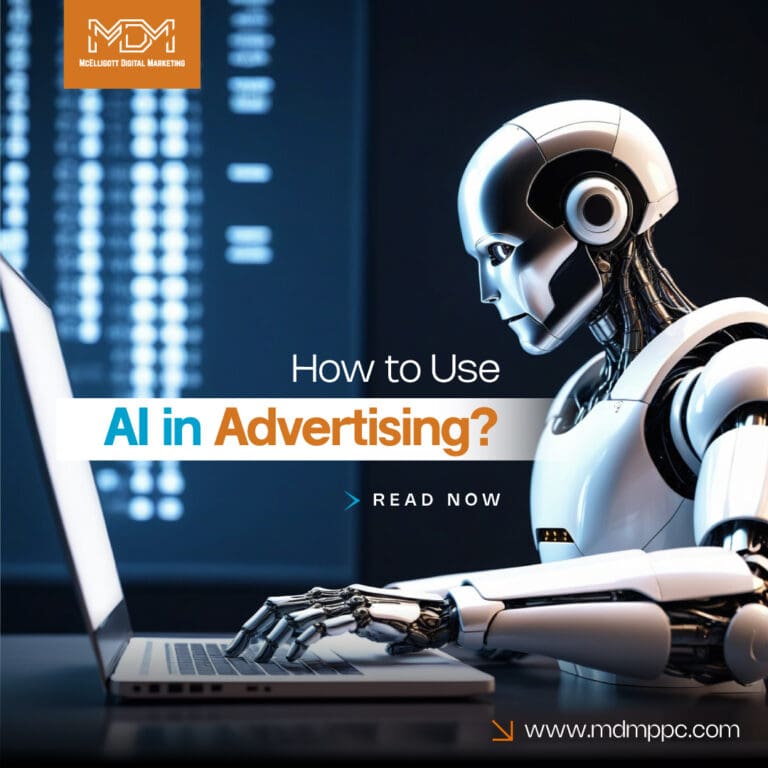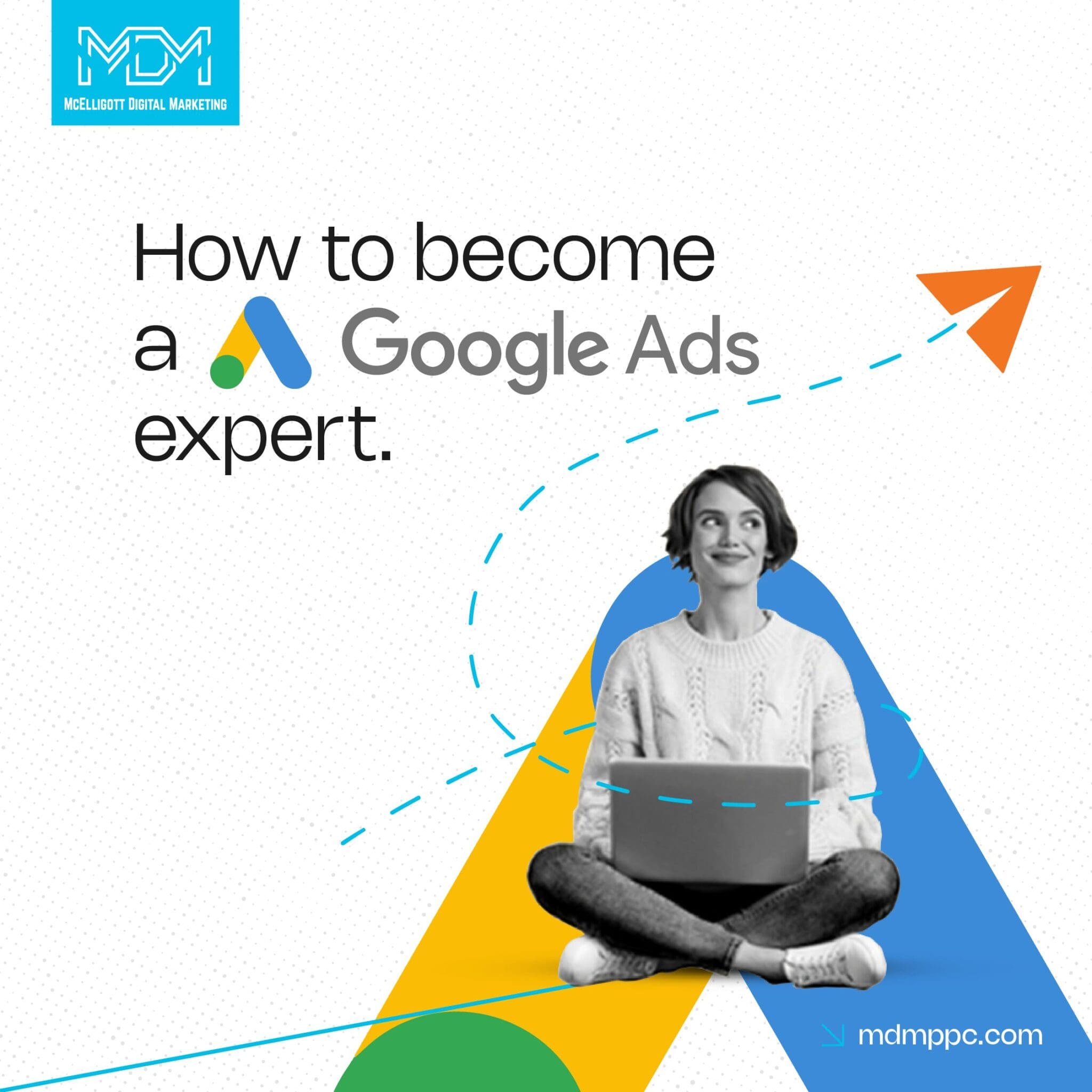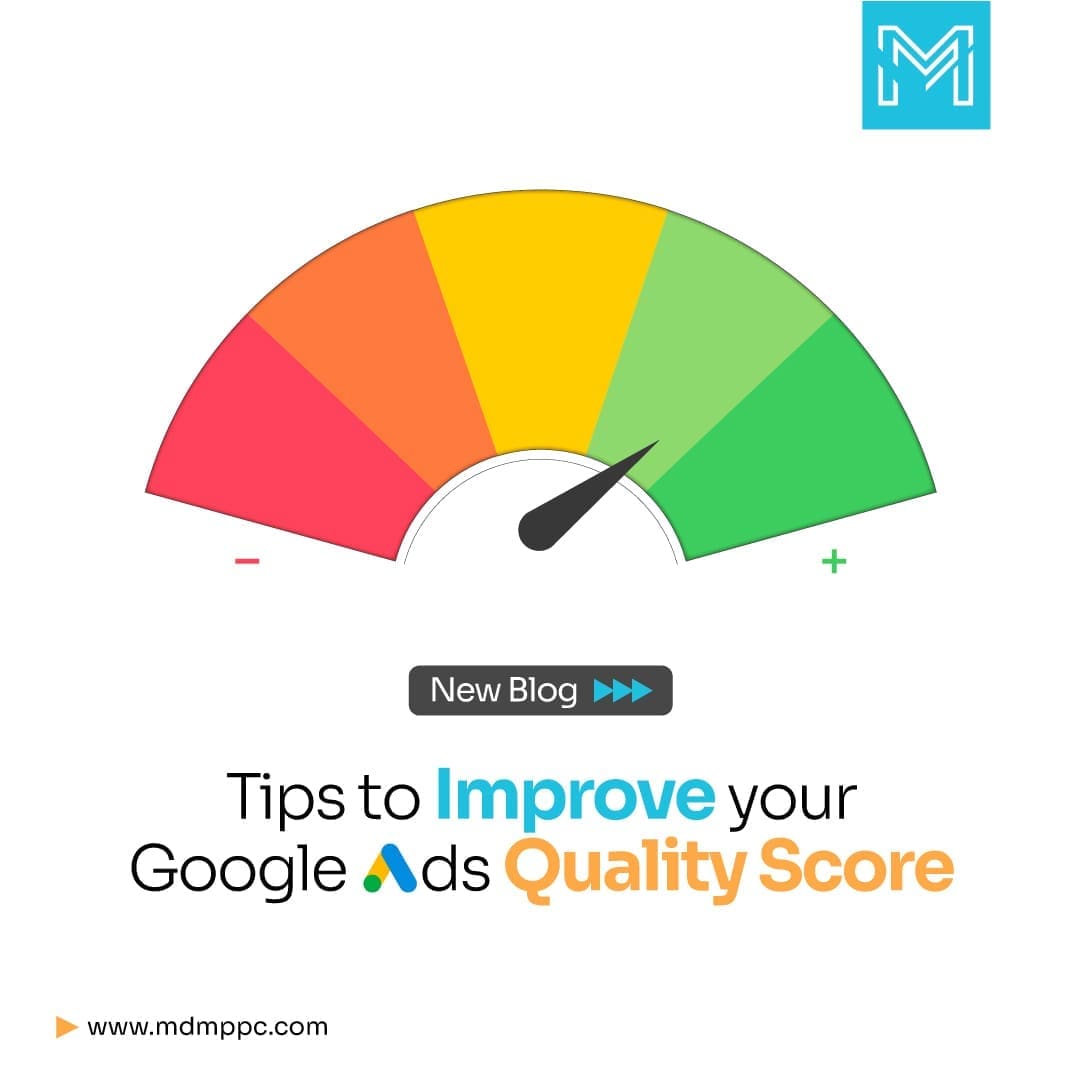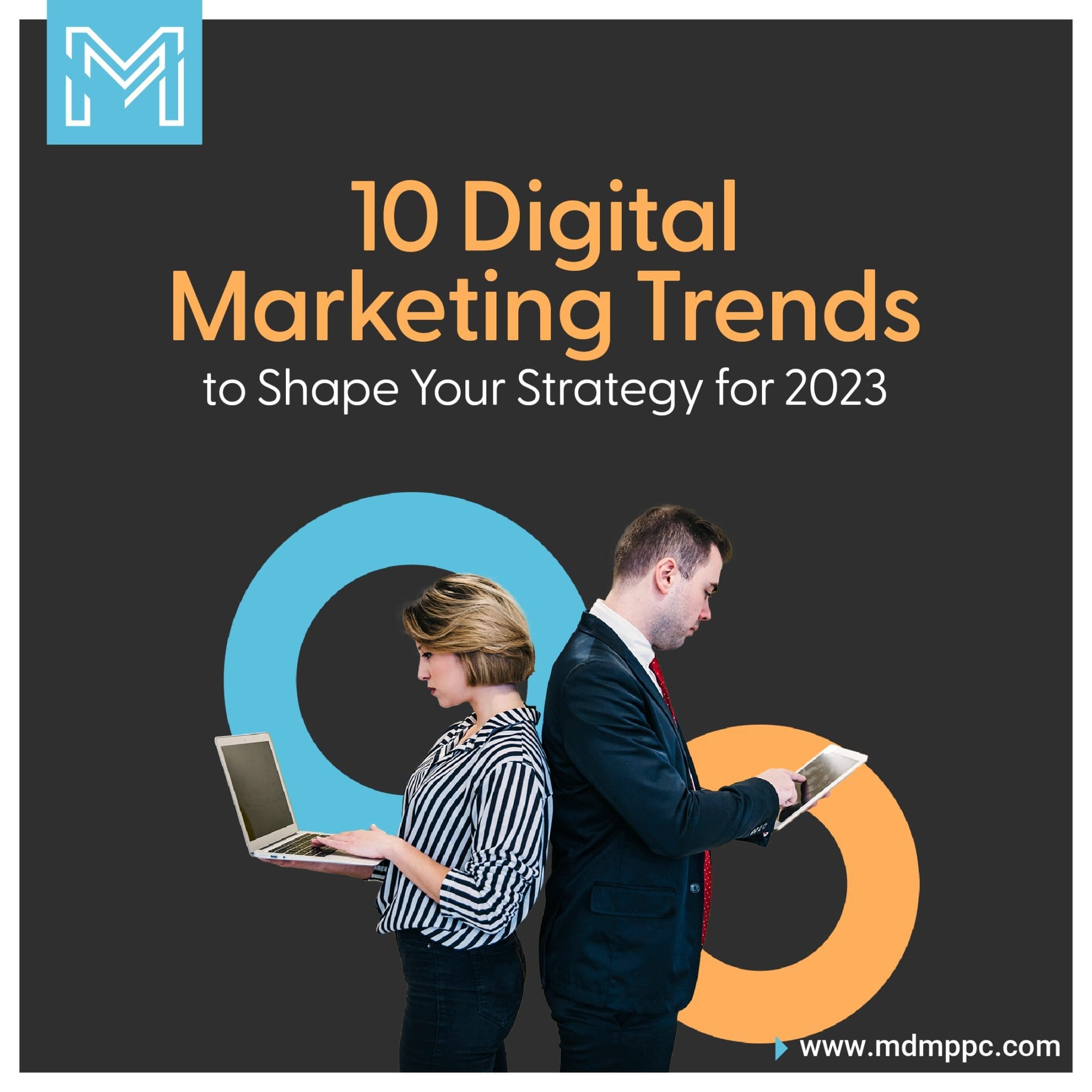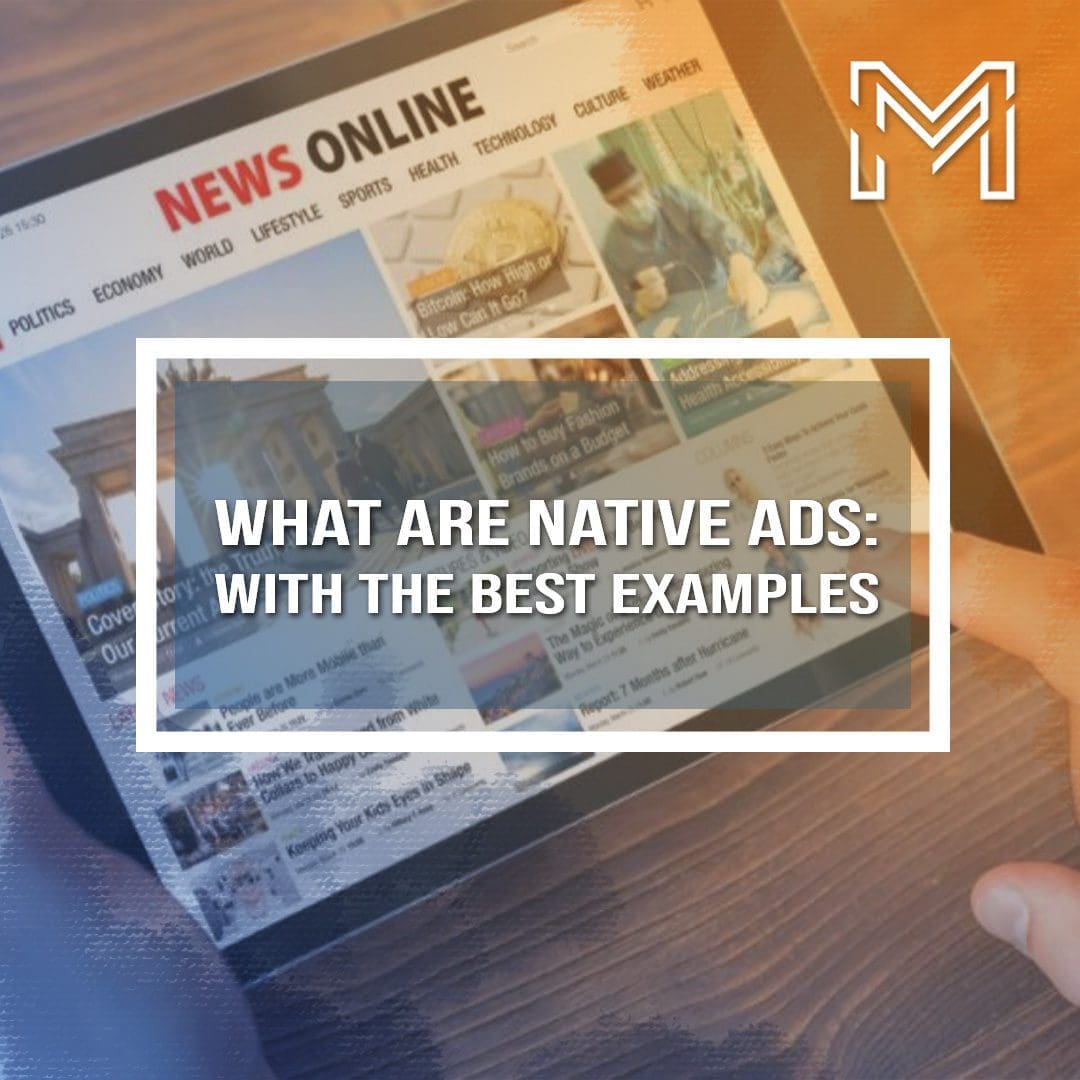Introduction
The rapidly evolving landscape of modern advertising has witnessed a transformative shift with the integration of artificial intelligence (AI). You can use AI in advertising to revolutionize how your business approaches its audience in 2024.
AI has impacted the advertising industry through personalized targeting and customization. AI-powered algorithms can analyze vast amounts of consumer data, including browsing history, interests, and demographics, to deliver highly customized advertisements tailored to individual preferences.
This level of personalization enhances the user experience. It increases the effectiveness of advertising campaigns, as consumers are more likely to engage with content directly relevant to their needs and interests.
This is one way AI is helping businesses flourish online and beat their competitors to become the next game changer in conventional marketing strategies.
In this blog, we will cover the key uses of AI in advertising and how you can leverage your ad campaign with it.
How does Artificial Intelligence help in Advertising?
In 2024, audiences searching for their interest in forms of various products and services in online markets will be guided by the right SEO, Google Ad campaigns, and native ads to their desired service providers.
The right marketing strategy can’t only exist with the integration of AI in 2024. In simple terms, artificial intelligence implies ‘making machines work smarter.’ How? Unlike manually, machines can learn from the data, interpret it, and draw predictions simultaneously. Earlier, the compilation was done manually following several operations.
AI takes charge of the visibility of your ads to the target audience in all different advertising platforms, be it Google, Meta, Taboola, and more.
How Can You Use AI in Marketing and Advertising?
Using AI in marketing by 2030 will drive 45% of the global economy. Isn’t it huge? It is. Marketing your product and service is based on a long-term goal to do the promotion, i.e., advertising through various channels. AI can help you meet your long-term and short-term marketing goals.
Here are a few ways AI can be incorporated into your ad campaign and reap 100X better results.
1. AI-driven automation in advertising
Remember spending most of your advertising budget on hiring experts to optimize your ad campaigns? AI has introduced smart automation for different social media operations, from creating posts to scheduling them to be posted.
AI-powered tools can create personalized email marketing campaigns, generate content, and recommend products to consumers based on their preferences and behaviors. By automating these routine responsibilities, marketers can work more efficiently, and businesses can save money by not hiring additional staff to complete them manually.
It helps you achieve your business goals with fewer investments of time and budget on manual tasks, hence increasing efficiency.
Two AI-powered technologies, namely NLP (natural language processing) and NLG (natural language generation), help auto-generate the ad copy with the help of input provided. This ad creation is equally likely to generate quality leads as any copy created by a human.
2. AI offers dynamic optimization
Optimized content for different advertising platforms combines bulk data analysis and testing different formats before getting the best that works for your business.
AI algorithms can analyze the performance of past campaigns, identify the most effective targeting and messaging strategies, and dynamically adjust campaigns in real time to maximize their impact.
For example, Google offers AI tools that help users run their Google ads effectively by manipulating their bids and audience targeting in real time. The best Google ads consultant with a proven record can greatly help incorporate AI into your ad campaign and maximize ROI.
3. Content Personalization
If you wish to beat your competitors to acquire potential customers, personalizing the ad campaign content is the key. Personalized advertising is a key benefit of AI, as it can provide greater value to consumers by tailoring recommendations and offers to their specific needs and preferences.
An omnichannel marketing strategy must be managed promptly. AI helps integrate multiple channels and applies a customer-centric approach to all.
As we mentioned earlier, targeted advertising is one of the major contributions of AI in advertising. AI-powered tools can generate personalized advertising content, from captivating visuals to engaging copy, based on user preferences and past interactions on various platforms. This enables advertisers to create a more cohesive and compelling user experience.
4. Predictions based on data interpretation
Predicting consumer behavior and sales is another superpower of artificial intelligence based on past data inputs. AI can predict your marketing campaign’s effectiveness, sustainability, and resultant sales even before it is launched.
This gives you a wide scope of improvement in your marketing assets and utilization of your advertising budget.
5. Improve the overall consumer experience with AI
Digital marketing strategies are for satisfying the consumer from the first hook line to the last sales window. Every interface should interact versatilely to make the process look smooth to every consumer.
AI’s capacity to enhance the consumer experience is a significant marketing advantage. Chatbots, for instance, are gaining popularity as a means for businesses to respond immediately to consumer inquiries. Chatbots utilize AI to comprehend natural language and provide appropriate responses, reducing the workload of customer service teams and improving response times.
6. Optimize the advertising campaign budget
Along with performance optimization, AI can help you manage your ad spend. Machine learning algorithms help create a more personalized experience for users and keep analyzing how the ads are performing.
With AI managing your ads, you don’t have to handle large data sets. The AI tool will summarize all the marketing campaign reports across different platforms to rethink the budget division.
The Positive Impact of AI on Marketing
Marketing continuously revolutionizes with the advent of new technology and tools empowered with artificial intelligence.
Marketers can streamline their workflow by harnessing artificial intelligence and machine learning capabilities.
What have the effects of AI in marketing been so far? This emerging technology has helped businesses in the following ways:
1. Data analysis
Data-based marketing decisions are crucial to elevating your digital marketing game. AI tools help you collect data from various sources, analyze it, and predict market behavior.
This property helps in better market segmentation and management of ad campaigns.
2. Speed and efficiency
Generative AI is at the top of converting the audience into quality leads. AI saves time and money for marketers by helping them in every core activity of ad creation, implementation, running, and analysis.
3. Enhancing consumer experience
Take a look at your recent interaction with an AI-powered chatbot. They have become a popular tool for businesses to provide immediate responses to customer inquiries, enhancing the customer experience and reducing the workload of customer service teams.
More personalized recommendations on your favorite gift website tempt you to buy more. Or the emotionally curated mail from your regular shopping site on your birthday makes you smile at least once. AI can make relationships between you and your customers stronger.
4. Increasing ROI
The main aim of running an ad campaign efficiently is to increase efficiency and return on investment. Less time and workforce are guaranteed with the automation and speed AI offers. Artificial intelligence makes the tedious tasks of content creation (image, video, text), optimization, and real-time insights into the performance of ads easy.
Examples of Use of AI in Advertising and Digital Marketing
You must think that incorporating artificial intelligence into your marketing ad campaigns is okay, but does it help?
It does. AI has proven its mettle in enhancing the performance of websites by easing the way they interact with audiences, increasing the platform’s popularity, and driving more traffic and sales.
Netflix
Have you ever wondered how Netflix can hit you with the right movie or series suggestion while watching your favorite one?
It’s relatable to all of us. Netflix technology blogs explain that user data algorithms and personalization are managed with AI. This helps in improving the overall user experience while binge-watching on the platform.
For example, if you are keen on watching a particular genre, romance, or comedy, Netflix is more likely to recommend a personalized playlist. This also works if you’ve searched for a movie of your favorite actor, and the recommendation tells you several films they’re in.
Here, the use of AI helps retain viewers and gives them the chance to recommend the platform to others.
Amazon
E-commerce platforms use AI to make predictive sales analyses utilizing the customer’s previous search and buying history.
Amazon recommends products based on your interest and the actual search for the product. This AI feature helps increase the visibility of products and the chances of purchase.
This feature also gives the product comparative analysis to the customer from the various sellers. This reduces the bounce rate following getting less relatable results for their search product.
For example, You are searching for a ‘hair serum’ on Amazon. The website’s intelligence will start suggesting from the time they type the focused keyword on the search bar. The results will appear for various hair serums and possible searchable keywords like brand names, other hair accessories, etc., which buyers might be interested in.
BMW
Marketing is the gist for entering from a normal brand to a popular brand list. BMW invested in generative AI to make their marketing ad campaigns more sustainable and attractive.
BMW came together with Goodby, Silverstein & Partners to produce advertising visuals that contain art on their cars. This campaign focused on connecting with the customers through appealing art and convincing them to go through the 8 Series Gran Coupe BMW specifications.
Nike
Nike’s Never Done Evolving, ft. Serena Williams is magical in the use of AI in advertising history. This ad commemorates the 1999 grand slam of younger Serena with her modern version in the 2017 Australian Open. This AI-generated advertising on Nike’s 50th anniversary gathered several prestigious awards for its creativity.
Nike used artificial intelligence to create an ad that uses events from the past and connects them to the present, thereby increasing the reach of the audience across multiple generations.
Nike combines AI with AR (Augmented Reality) to help users scan their feet before opting for the right fit.
Nutella
People love to add healthy chocolate condiments to their daily diet. Is it just the taste that attracts them? Nutella knows how to serve its customers best on the table and in their hearts.
Nutella used AI-generated labels to sell 7 million unique jars to each customer. The uniqueness of a brand comes from the marketing strategy that creates a one-of-a-kind brand for every user. This bulk production of labels was possible with the AI.
Wrap Up-
AI promises technological advancement and a competitively superior approach in the marketing and advertising world. It offers multi-sectoral coverage of businesses’ marketing strategies.
The advantages include:
- Focused targeting.
- Customer-centric approach.
- Speedy content creation.
- Dynamic optimization.
- Recording progress metrics.
- Analyzing reports.
- Re-strategizing the ad campaigns.
Integrating AI with regular ads is also crucial for extracting the best from artificial intelligence.
Need help with Google AdWords management strengthened with AI? Connect with us to explore AI tools’ output-oriented integration in your advertising campaign.
FAQs
Q 1. Why not use AI to automate the buying and selling of ad inventory on platforms like Google?
Ans: Programmatic advertising uses tools like artificial intelligence and machine learning to automate the real-time advertising process to save time and increase efficiency.
Q 2. What have the effects of AI in marketing been so far?
Ans: AI can help increase quality leads, higher CTC, and engagement in a marketing campaign. It can boost the sales and growth of your business.
Q 3. Is AI used in social media?
Ans: All popular social media and advertising sites, including Meta and Google, use AI technology. It helps them with targeted marketing and build connections with the audience.
